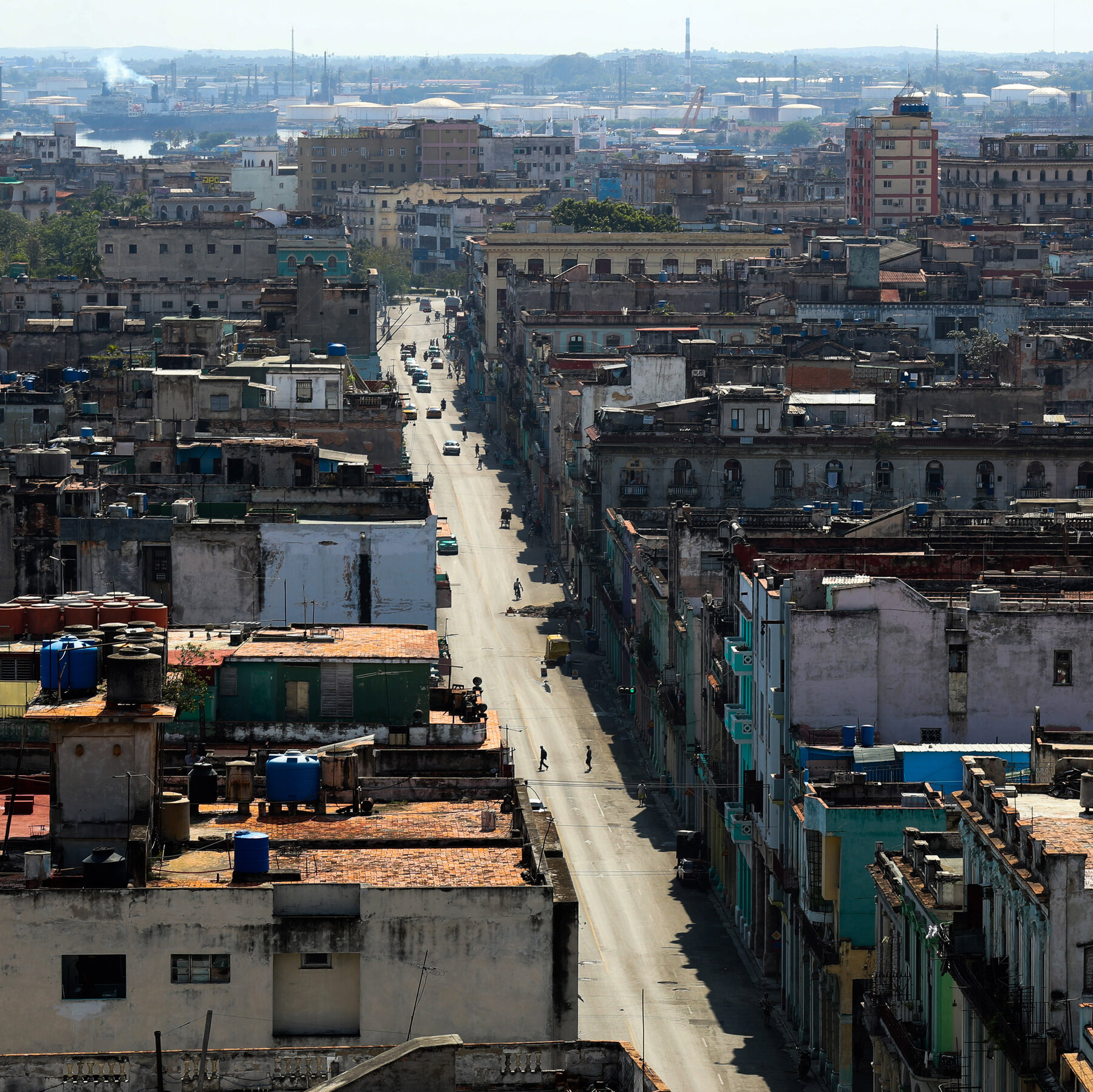Tentative Signs of Hope as the Amazon Burns
Disappointment at the Global Climate Table
The latest round of United Nations climate talks left many environmental activists feeling let down. Expectations were high, yet the negotiations produced few concrete commitments, prompting criticism that the process is losing momentum at a time when urgent action is needed.
Finding Light in the Smoke
Amid the gloom, a reporter from The Times traveled to Brazil’s Amazon basin and discovered several encouraging developments that suggest a shift toward more effective conservation and climate‑resilient practices.
Community‑Led Fire Management
In the state of Pará, indigenous and riverine communities have begun to coordinate fire‑watch patrols using low‑tech communication networks and satellite alerts. These grassroots efforts have already reduced the number of uncontrolled blazes by an estimated 30 % compared with the same period last year.
Renewable Energy Projects Gaining Ground
Several municipalities along the Rio Negro are piloting solar micro‑grids that replace diesel generators in remote villages. The initiative, backed by a coalition of NGOs and local entrepreneurs, aims to cut carbon emissions while providing reliable electricity to families previously dependent on costly, polluting fuels.
Corporate Accountability in Action
Major agribusiness firms operating in the region have pledged to adopt stricter deforestation‑free supply chains. In a recent press release, a leading soybean exporter announced a zero‑tolerance policy for illegal land clearing, accompanied by independent third‑party monitoring.
What It Means for the Future
While the broader international negotiations may have stalled, these localized successes illustrate that real‑world solutions can emerge even under adverse conditions. If scaled up, community fire watches, renewable micro‑grids, and corporate transparency could form a network of resilience that helps protect the Amazon’s critical ecosystems.
Looking Ahead
Activists argue that the global community must translate these promising pilots into policy support and funding. As the smoke clears over the rainforest, the emerging initiatives offer a tentative but hopeful blueprint for turning the tide against climate change.





